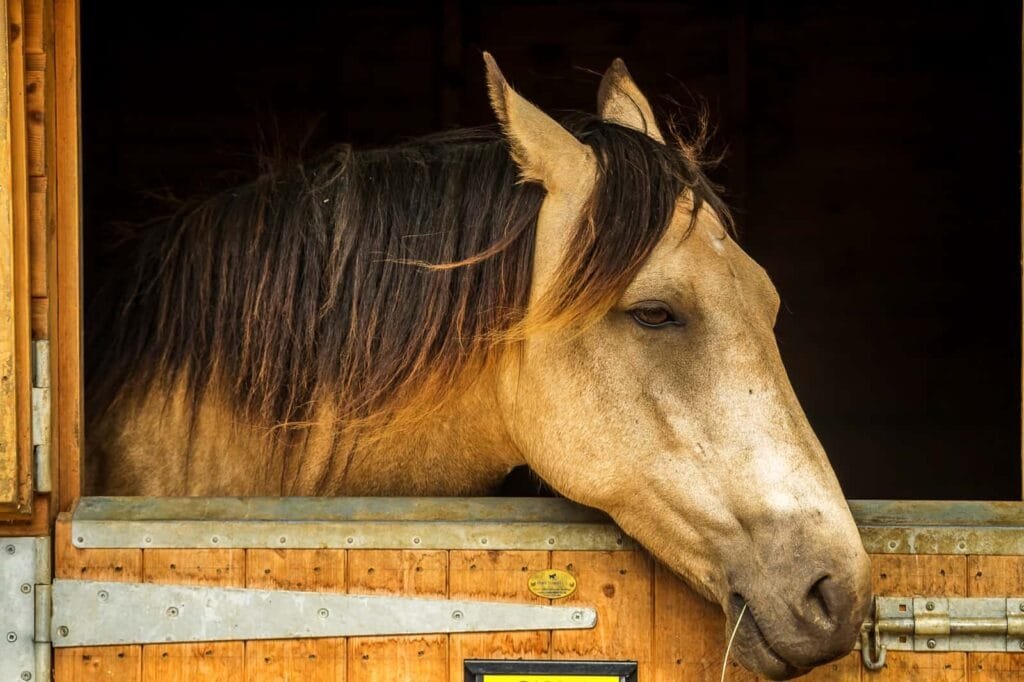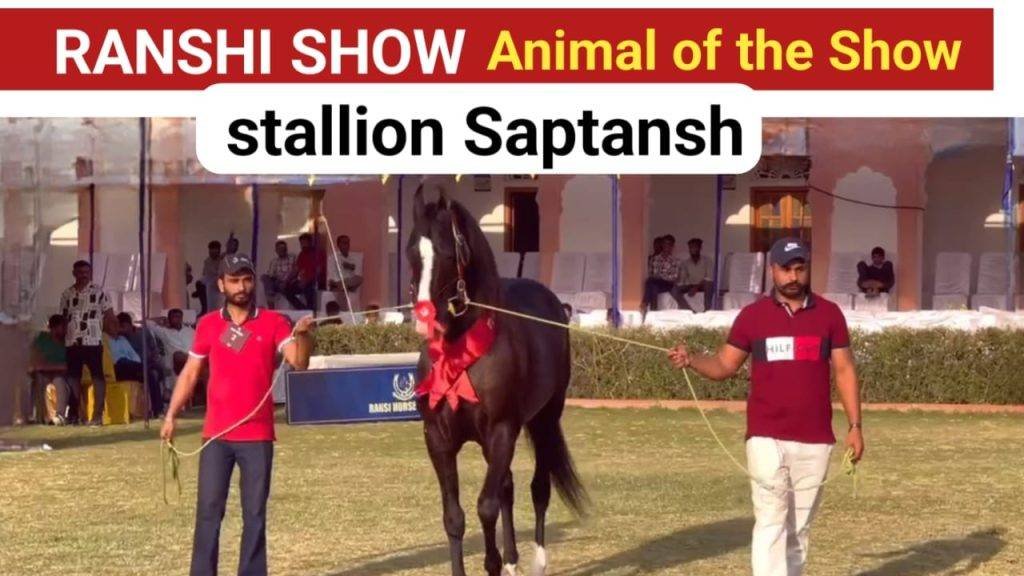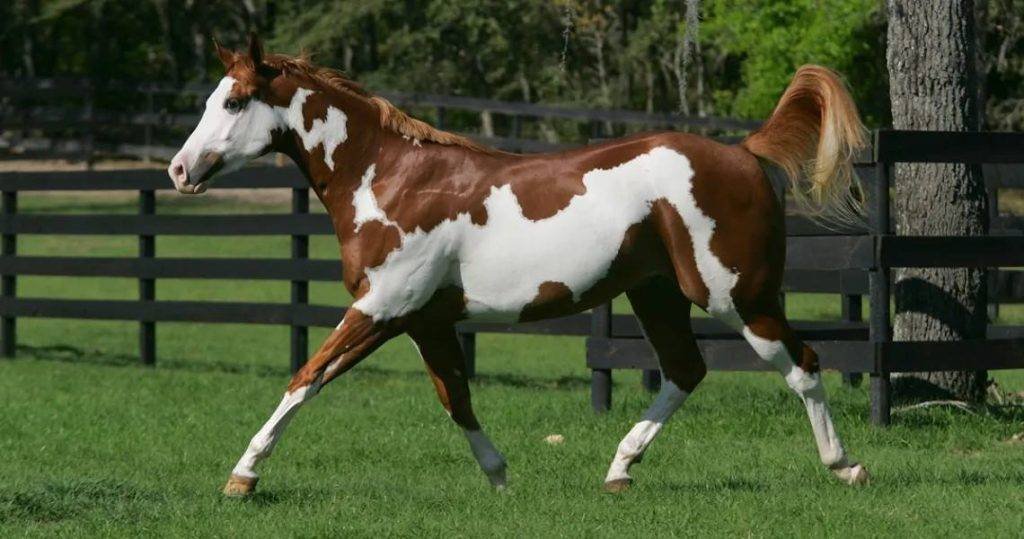Horses are naturally calm, observant, and grounded animals—but even the most stoic gelding or serene mare can feel stressed.
And like many prey animals, they’re wired to hide it. That means stress in horses often whispers, instead of shouts. But if you know what to look for, you can catch it early—and help your horse feel safe, relaxed, and understood.
Recognizing stress in horses isn’t just about better performance; it’s about trust, health, and the invisible bond that grows stronger when your horse knows you’re listening.
Why Do Horses Get Stressed?

Horses are creatures of habit, balance, and routine. Their stress can be triggered by both physical and emotional causes, such as:
- Changes in their environment (new barn, loud noises, different turnout routines)
- Separation from herd mates
- Intense or unclear training
- Poor saddle fit or physical pain
- Illness, poor diet, or lack of sleep
- Overhandling or boredom in stall confinement
What’s tricky is that horses don’t always respond to stress with obvious signs. Instead, they tend to show small, repeating behaviors—or sudden changes in mood that might seem like “bad behavior.”
Let’s decode some of the most common signs.
The Top Signs of Stress in Horses
1. Pawing, Pacing, or Stall Walking
A horse that constantly paws the ground, walks in circles in their stall, or paces along the fence line is likely feeling anxious or agitated. It’s like their way of saying, “I’m not okay.”
2. Sudden Spookiness or Reactivity
If your normally calm horse is suddenly jumpy at things that didn’t bother them before, stress might be bubbling underneath. It’s their nervous system running on high alert.
3. Tight or Tucked Tail
A tail that’s clamped down, swishing constantly, or held tensely can be a subtle cue of stress or irritation—especially if it happens during grooming, riding, or handling.
4. Change in Eyes or Ears
Horses may show stress through:
- Wide eyes or increased blinking
- Whites of the eyes showing (especially in anxious situations)
- Ears constantly flicking or pinned back
Think of these as body language red flags.
5. Mouth & Jaw Tension
Grinding teeth, excessive licking and chewing, or a clenched jaw are common when horses feel uncertain or overwhelmed. Some horses even “yawn” repetitively—not because they’re sleepy, but as a stress release.
6. Ulcers or Digestive Issues
Long-term stress can physically manifest in gut health. Horses with ulcers may go off their feed, lose weight, or become girthy and moody under saddle. If your horse suddenly resents the girth or refuses to eat, stress could be a major player.
7. Behavioral Changes
Sometimes the most obvious sign is when your horse simply doesn’t act like themselves:
- More distant or withdrawn
- Less affectionate
- Pushy, rude, or defiant when handled
- Refusing to work or becoming resistant under saddle
These aren’t “bad behaviors”—they’re coping mechanisms.
How to Help a Stressed Horse

Once you’ve spotted the signs, it’s time to take action. Helping a stressed horse starts with observing their environment, physical condition, and routine. Ask yourself:
- Has anything changed recently in their surroundings or care?
- Are they getting enough turnout, movement, and rest?
- Could there be a physical source of pain or discomfort?
- Is their diet supporting their gut health and energy levels?
Here are some stress-busting strategies that can help:
- Provide consistent routines (horses love predictability)
- Offer more turnout and natural grazing time
- Use slow feeders or boredom busters like treat balls
- Incorporate calming groundwork and liberty sessions
- Add a calming supplement or gut support (consult your vet)
- Evaluate saddle fit and physical discomfort with a pro
- Keep a calm, patient energy around them—they mirror us more than we realize
Sometimes, simply being there—quietly and without pressure—can help a horse begin to relax. Trust isn’t built with big, flashy moves; it’s earned in the small, quiet moments.
The Power of Knowing Your Horse
Stress is a natural response, not something to fear or be ashamed of. The goal isn’t to eliminate all stress (that’s impossible)—it’s to learn how your horse communicates it, and how you can guide them through it.
Every horse is different. Some internalize everything, while others wear their heart on their mane. The key is paying attention to your horse, every day, with fresh eyes and an open mind.
Because when you understand your horse’s silent signals, you’re not just becoming a better rider or handler. You’re becoming a better partner.
And that’s what horsemanship is really about.




